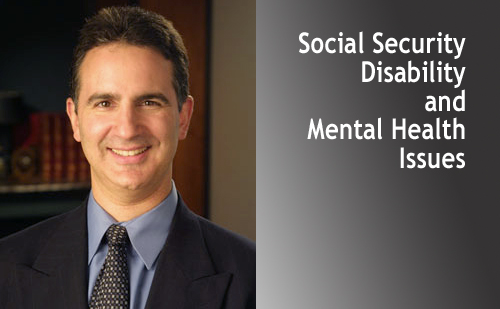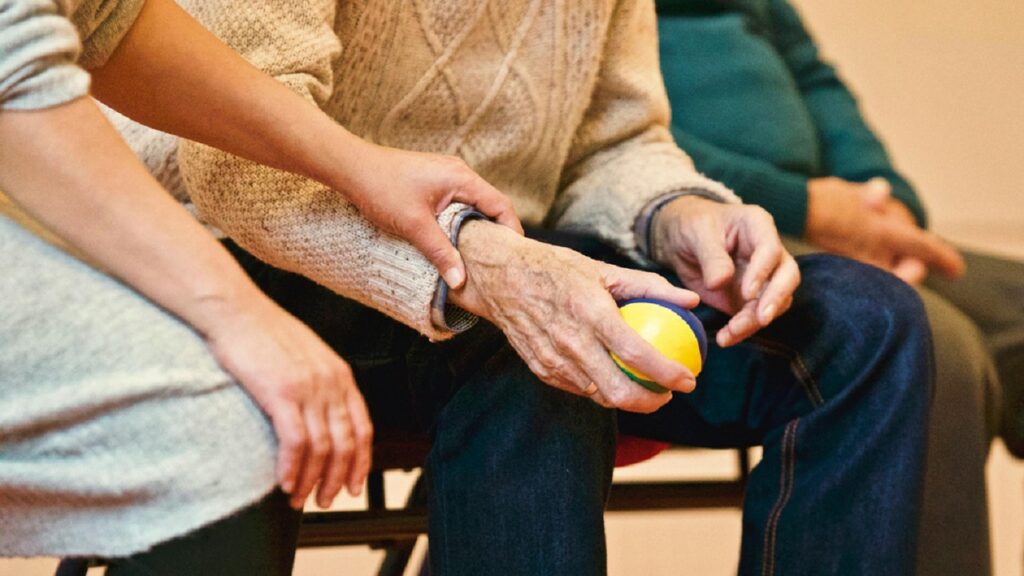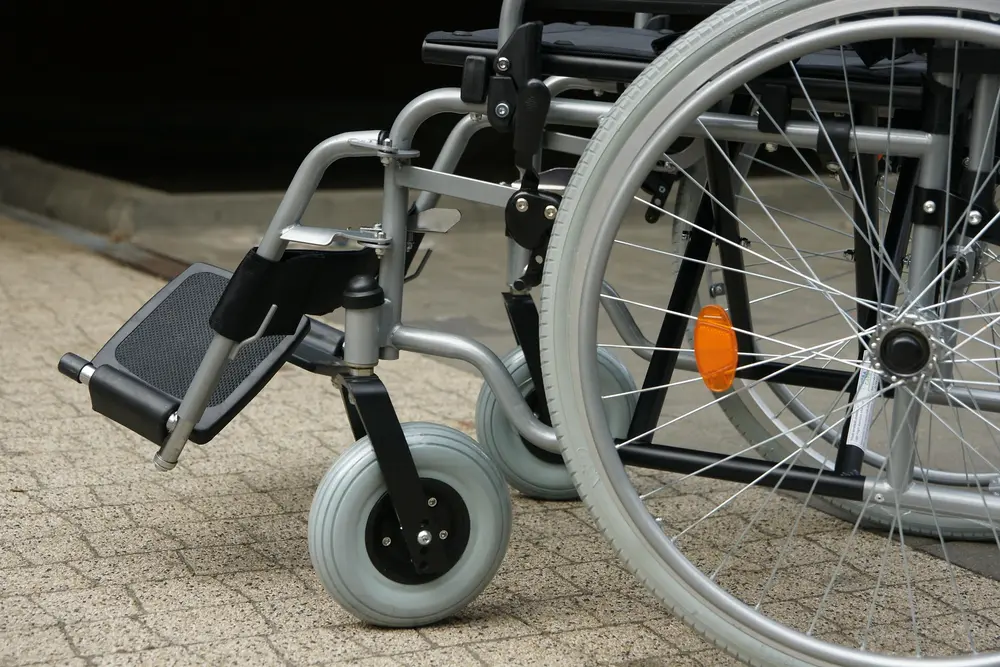When applying for Social Security Disability, mental health issues, such as anxiety and depression, may contribute significantly to your impairments and increase your chances of receiving an award of benefits.
It’s not uncommon for us to recommend that clients with physical disabilities seek out the services of a psychiatrist or psychologist who can evaluate their mental health status and provide appropriate treatment. To many of these clients, it seems unusual and unnecessary to get a mental health check-up when they clearly suffer from a physical disability.
While a client may not suffer directly from an anxiety or depression disability, Social Security recognizes that disabilities often lead to anxiety, depression or other mental health issues that can compound impairments and increase the difficulty of working and fulfilling daily responsibilities.
In the eyes of Social Security, a mental disability can be just as debilitating as a physical impairment and, when an applicant for Social Security Disability has a mental health disability in addition to a physical disability, they are probably in greater need of disability benefits. In fact, the law requires Social Security to:
“Consider the combined effect of all of the individual’s impairments without regard to whether any such impairment, if considered separately, would be of such severity.”
When it Comes to Social Security, a Disability and Mental Health Issue Often Go Hand in Hand
In applications for disability benefits from Social Security, a mental disability often accompanies a physical impairment. Commonly, it is an anxiety or depression disability and Social Security is accustomed to seeing these in conjunction with other impairments.
According to the Centers for Disease Control and Prevention, “People with disabilities report higher rates of stress and depression than people without disabilities.” Here are some of the reasons why:
- Inability to do things on their own causes frustration or embarrassment
- Lack of strength, endurance or other physical capacities necessary to do what they want to do
- Lack of good social support because others don’t understand what it’s like to have a disability or don’t feel comfortable around people with disabilities.
- Feelings of worthlessness or guilt because they can’t work
- Medical problems cause feelings of overwhelm, worry and frustration
- When a disability is not obvious, such as an amputated limb or other outward physical impairment, it can be difficult getting others to recognize the disability.
So, when your attorney recommends seeing a psychiatrist, even though your primary impairment is physical in nature, it’s because he or she want to find out if your impairment is exacerbated by an anxiety or depression disability. Social Security is more likely to award benefits if there is, but it’s also so that you can get treatment for that disability if it exists.







